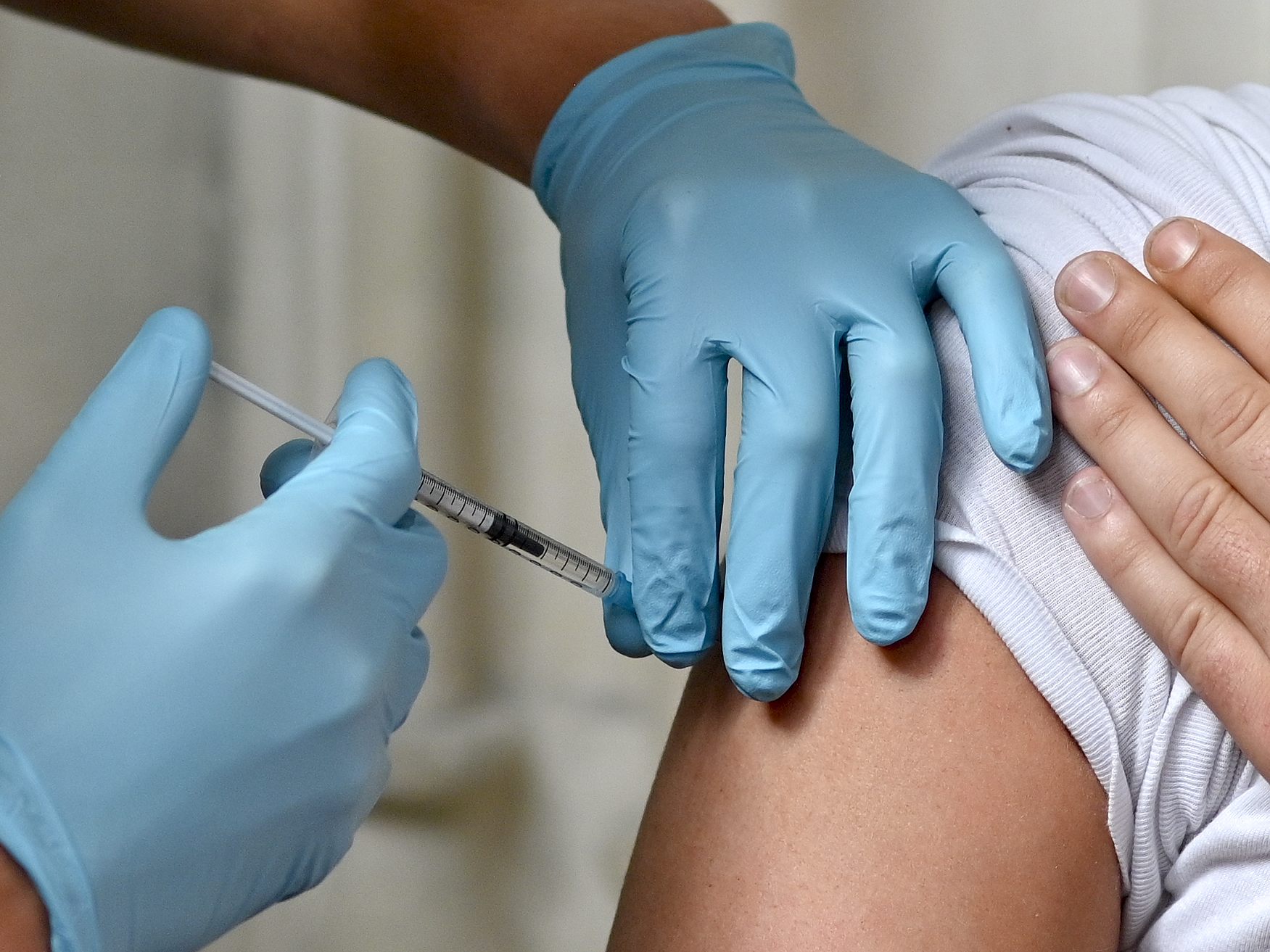Austria: Land of the Vaccine Skeptics

"The vaccination rates in this country are abysmal to extremely poor," warns Gerhard Kobinger from the Austrian Chamber of Pharmacists.
Vaccine Sceptics: Numerous Avoidable Cases of Illness in Austria
For example, Austria ranks last in the EU for whooping cough vaccination, as well as for Hepatitis B. Therefore, there are numerous cases of diseases with pathogens that should no longer pose a threat, explained Ursula Wiedermann-Schmidt from the Medical University of Vienna. "Huge vaccination gaps in the population" have so far led to an "extreme number of over 13,000 whooping cough cases" in 2024, according to Wiedermann-Schmidt. Many children also have no or insufficient protection against measles, which caused 500 cases this year.
Misinformation About Vaccinations Causes Vaccination Gaps
The reason for the vaccine fatigue is often misinformation about vaccine damage, which in reality is often just an itchy injection site, and that vaccinations during pregnancy are an absolute taboo for many expectant mothers, according to Kobinger. According to the Austrian vaccination plan, immunisations against pertussis (whooping cough), influenza, Covid-19 and RSV (Human Respiratory Syncytial Virus) are recommended for pregnant women, explained Rudolf Schmitzberger from the Austrian Medical Association. The vaccination protection would then be partially passed on to the child. A pertussis vaccination of children before school entry is also important. Next year, new, improved vaccines will be available in this country, reported Wiedermann-Schmidt: For example, against meningococci, pneumococci and the Chikungunya virus. A Lyme disease vaccine is also being developed.
Expansion of Vaccination Offer as a Means Against Vaccine Sceptics
To overcome vaccine fatigue, the population's trust in vaccinations must increase, Kobinger believes. Here, consultations by doctors and in pharmacies would be important. It should also be associated with as little cost as possible to get vaccinated. In 2024, for example, many more people got vaccinated against influenza than in the previous year because they did not have to pay a deductible. Convenience also plays an important role in the decision to get immunised or not, said Wiedermann-Schmidt: Vaccinations should therefore be made as accessible as possible and, for example, be offered more at people's workplaces. On January 18, 2025, a professional conference of the Austrian Chamber of Pharmacists, Medical Association and the Medical University of Vienna titled "Vaccinated-Protected-Safe" will take place in Vienna.
Greens for Vaccination in Pharmacies
The parliamentary group of the Greens blamed the still coalition partner ÖVP for the lack of low-threshold vaccination offers in a press release. In particular, vaccination in pharmacies, as is common internationally, should also be made possible in Austria, demanded Green MP Ralph Schallmeiner. "Our previous attempts to implement this important tool in Austria have unfortunately all failed due to the ÖVP as a coalition partner." Schallmeiner also emphasised the importance of the Medical and Pharmaceutical Chambers addressing the issue of vaccination more strongly among their members and criticised the FPÖ, which contributed to the uncertainty of the population through "anti-vaccine propaganda".
(APA/Red)
This article has been automatically translated, read the original article here.





